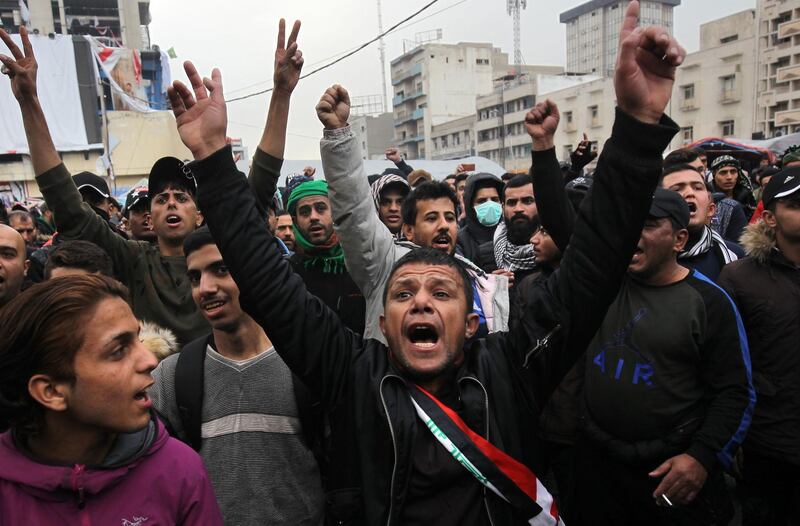The Middle East is fragmented economically and needs to implement a series of steps to address developmental disparities and boost integration, according to a new report from the World Bank.
“The Middle East and North Africa is suffering from spatially divergent development,” said Somik Lall, World Bank global lead on territorial development solutions and lead economist for sustainable development in the Middle East and North Africa.
Though governments in the region have tried to address the needs of people in lagging areas, "spatial disparities continue to grow, or are closing more slowly than would be expected given the volume of investment directed to these locations," said Sameh Wahba, World Bank Global Director for Urban, Disaster Risk Management, Resilience, and Land. "The main reason: the causes of spatial exclusion are not locational and physical but are economic and institutional.”
In its report Convergence, Five Critical Steps Toward Integrating Lagging and Leading Areas in the Middle East and North Africa the Washington-based lender outlines five steps that can put countries on a path to "territorial convergence" to foster greater integration, boost growth and pave the way for economic growth and social inclusion.
The bank calls for strengthening coordinated multidimensional strategies that provide access to energy, land and markets with the recommendation of investing in and around cities.
Second, the lender recommended redistributing roles and responsibilities across various tiers of government to make them better equipped and more accountable.
People in the Mena region are half as mobile domestically as people in other parts of the world, according to the World Bank and living standards of people moving internally to major cities can increase by an average of 37 per cent in the region. While education systems across the region need to be reoriented toward marketable skills, enabling the mobility of people and enhancing market access nationally and regionally can bridge the disparity in living standards.
Fourth, the bank called for denser and more interconnected and integrated cities. Removing present disconnects will help attract firms to invest in cities, by reducing zoning regulations, impediments to property acquisition, new construction barriers, challenges to local business registration and licensing, limits on news and information, and obstacles to developing local business networks.
The bank also called for the enhancement of market access. Improving links across national borders, reducing tariffs, improving logistics, facilitating trade, and instituting migration protocols will grow economies.
“Such efforts will grow the economies, providing much-needed resources to redistribute in areas left behind,” the bank said.
Mena’s governments have created formidable obstacles to trade and migration that is hindering growth, according to the report. The main barriers include limits on news and information and practical constraints on travel and trade.
The key to improving peoples’ lives across the region is for “local governments to increase their mandate from only providing services to also enabling local economic development," said Jaafar Friaa, World Bank practice manager for urban and disaster risk management for the Middle East and North Africa region.







